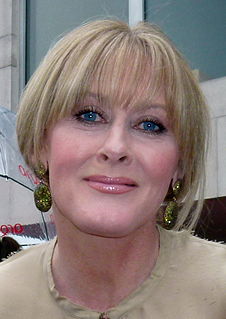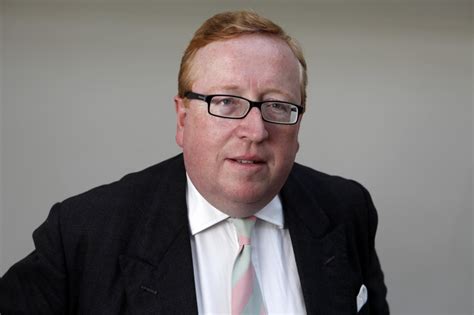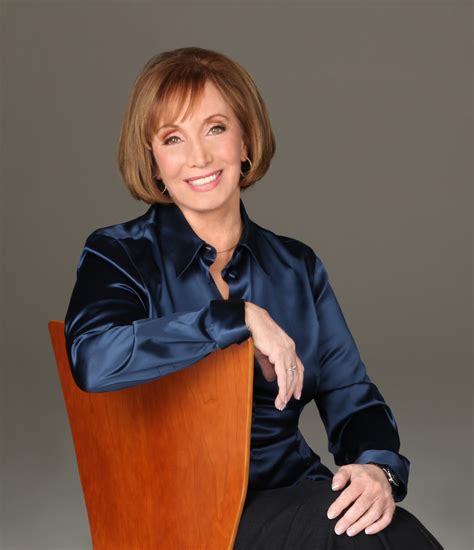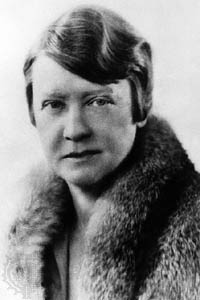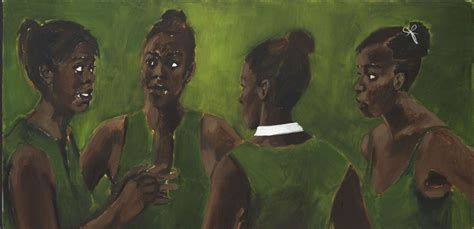A Quote by Sarah Lancashire
'Happy Valley' is an extraordinary piece and it was not necessarily about Catherine but her part in the narrative.
Quote Topics
Related Quotes
Papa, do you like my new friend?" Frances Catherine asked when they were halfway across the field. "I surely do." "Can I keep her?" "For the love of...No, you can't keep her. She isn't a puppy. You can be her friend, though," he hastily added before his daughter could argue with him. "Forever, papa?" She 'd asked her father that question, but Judith answered her. "Forever," she shyly whispered. Frances Catherine reached across her father's chest to take hold of Judith's hand. "Forever," she pledged.
When you think in terms of public service, I heard so much about what Mother Theresa had done in her life. And I was fortunate enough to get a chance to meet her and talk to her a lot about what motivates her and what drives her. And that, to me, is a person that really is an extraordinary role model.
If the movie is terrible you can have fun. You can joke about it and have a ball. The movie is already sort of established as a kind of extraordinary piece of work even though it hasn't opened yet to the public. It is harder because you can't go against it and you can't be interesting. You have to go with the flow. Although one is very happy to be in it, it is sort of hard to talk about it. It is hard to talk about successful. It is much easier to talk about failure.
Please tell me a story about a girl who gets away." I would, even if I had to adapt one, even if I had to make one up just for her. "Gets away from what, though?" "From her fairy godmother. From the happy ending that isn't really happy at all. Please have her get out and run off of the page altogether, to somewhere secret where words like 'happy' and 'good' will never find her." "You don't want her to be happy and good?" "I'm not sure what's really meant by happy and good. I would like her to be free. Now. Please begin.
I did a piece where I was talking about torture at Abu Ghraib, and I embroidered my hand with the image of the hooded Abu Ghraib prisoners who'd been tortured using a needle and thread. I know that meeting a Holocaust survivor when I was eight and seeing the tattoo on her arm from her time in the camps influenced my piece about Abu Ghraib.
It's hard to pin down what the politics would be, in a way. For me the politics are very visual and felt, thought, seen, but not necessarily put into words. The confusions and conditions within the work are the politics. The fact that a lot of the time the first thing people want to talk to me about is the racial angle, which is a part of the work and I am happy to talk about it, but it's not necessarily the first thing on my mind when I am making something.
